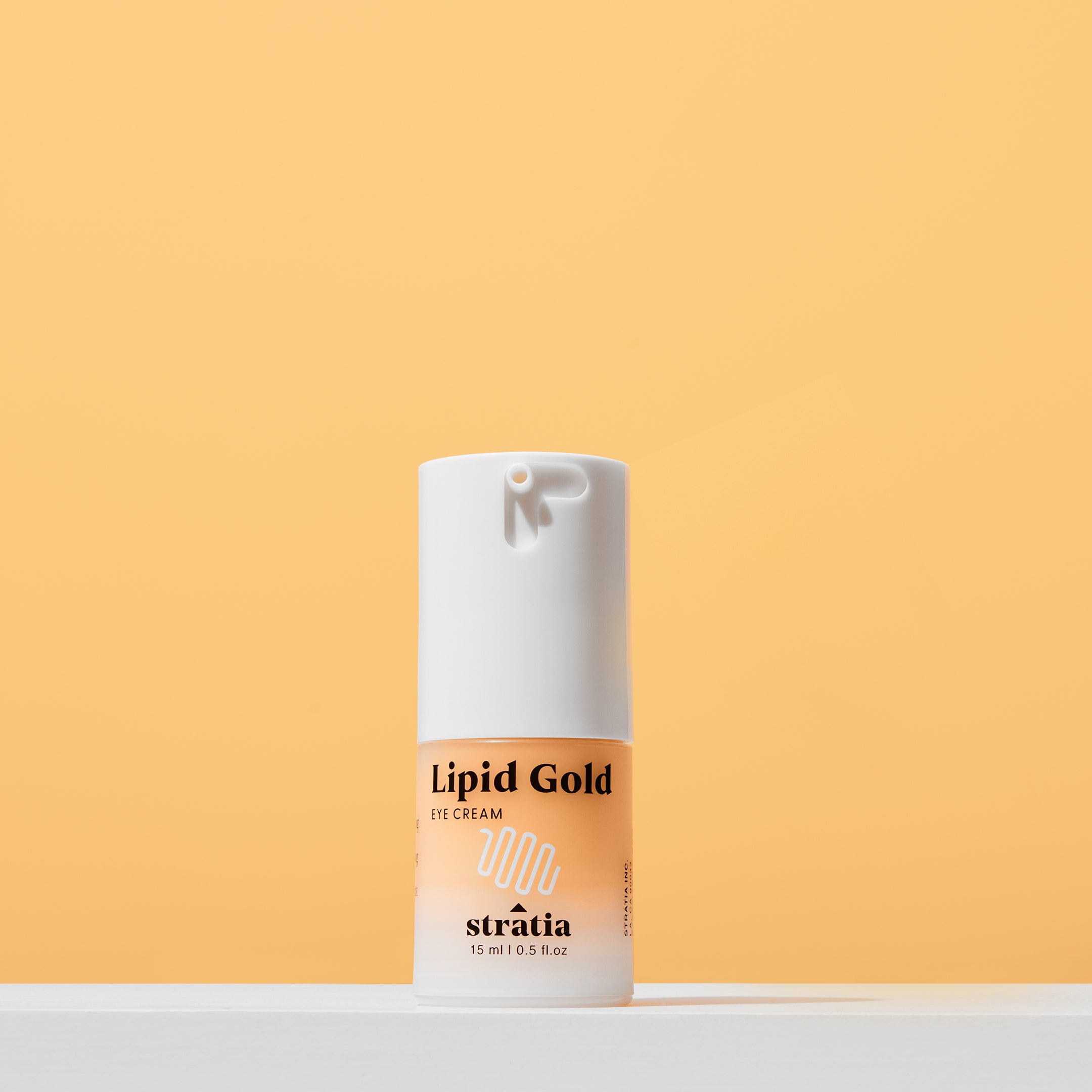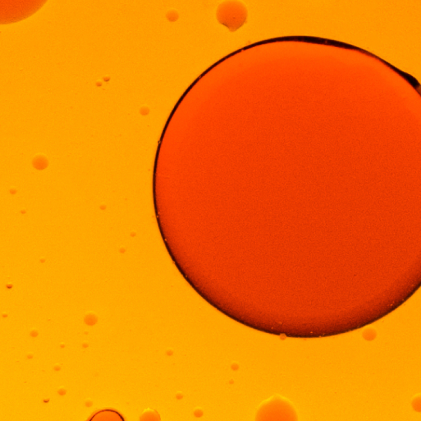Petrolatum is a petroleum byproduct; it naturally occurs during the process of converting crude oil to gasoline. In order to be used in cosmetics, petrolatum is highly refined and purified until it is completely inert and safe.
Petrolatum is best known for its ability to reduce transepidermal water loss (TEWL), the process of water evaporating out through the skin. It’s the single most effective cosmetic ingredient at reducing TEWL; it’s 160 times more effective at TEWL reduction than olive oil. By reducing TEWL, you’re keeping your skin hydrated, you’re helping the enzymes that need moisture to keep your barrier healthy, and you’re protecting your skin from external irritants.
If the goal is to reduce TEWL, isn’t wrapping your skin in plastic even better? If you applied a physical membrane to your skin like Saran Wrap, you’d drop TEWL to zero, but you’d also damage your moisture barrier by inhibiting the processes your skin undergoes to repair itself. That’s where petrolatum is different: while it dramatically reduces TEWL, it doesn’t impair barrier repair. In fact, it actually promotes barrier repair (we’re not entirely sure why, but it’s a well-researched phenomenon).
Plus, while other TEWL-reducing ingredients can take several hours to effect TEWL, petrolatum starts working almost immediately. And since it’s so thick, it stays in place better than other ingredients, meaning it’s helping your skin longer.
Sources:
- https://www.medline.com/media/mkt/pdf/research/Wound-Skin-Care/effects-petrolatum-on-stratum-corneum-structure-and-function.pdf
- https://pubmed.ncbi.nlm.nih.gov/1564142/
- https://pubmed.ncbi.nlm.nih.gov/26431582/
- Baumann, L. (2015). Chapter 17: Petrolatum. Cosmeceuticals and Cosmetic Ingredients (First Edition, pp. 48–50). McGraw-Hill Education/Medical.



